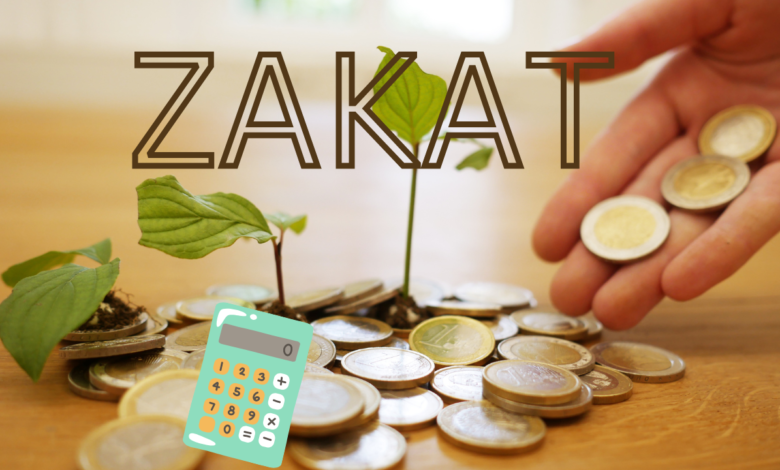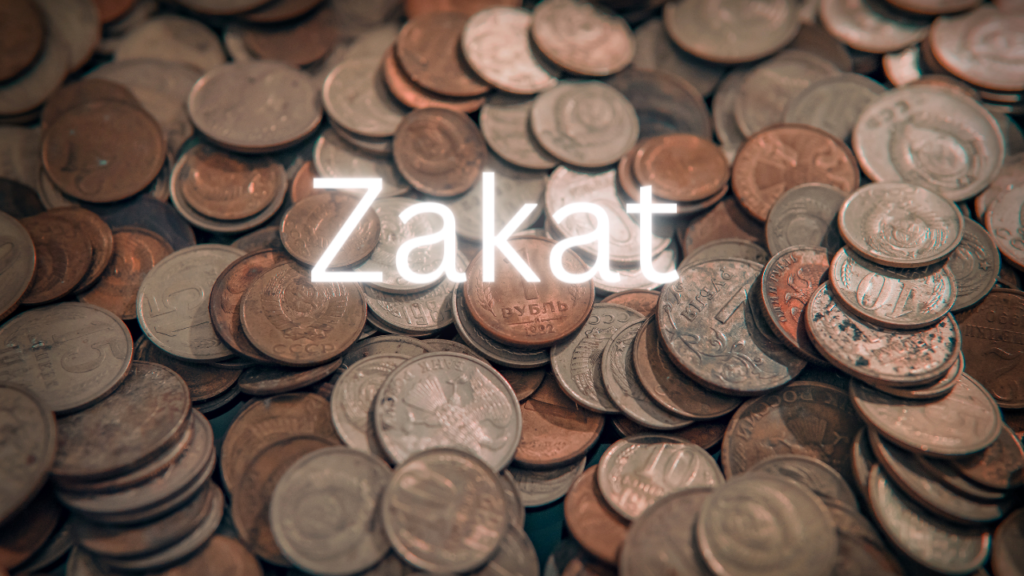
Zakat Calculator
A Zakat Calculator is a tool or software designed to help Muslims determine the amount of Zakat they owe based on their financial assets and liabilities.

Introduction
Zakat, one of the Five Pillars of Islam, is a fundamental religious obligation for Muslims around the world. It is a form of almsgiving that aims to redistribute wealth and support those in need. Calculating Zakat accurately can be a complex task, as it involves assessing one’s wealth, assets, and debts. Thankfully, modern technology has made this process more accessible and convenient through the use of Zakat calculators.
What is Zakat?
Before delving into the specifics of Zakat calculators, it’s important to understand the concept of Zakat itself. Zakat is a mandatory charitable donation, typically amounting to 2.5% of one’s accumulated wealth, to be given annually. It is intended to assist the less fortunate and those in need within the Muslim community. By purifying one’s wealth, Zakat not only benefits the recipients but also spiritually enriches the giver.
The Challenge of Zakat Calculation
Calculating Zakat can be a daunting task, especially for individuals with diverse financial assets and liabilities. Traditional methods of Zakat calculation involve manually assessing all of one’s wealth, including cash, investments, jewelry, and real estate, and then deducting debts and other obligations. This process can be time-consuming and prone to human error.
The Emergence of Zakat Calculators
With the advent of technology, Zakat calculators have become invaluable tools for Muslims seeking to fulfill their religious obligation with ease and accuracy. These online or mobile applications are designed to simplify the complex calculations involved in determining one’s Zakat amount. Here’s how they work:
- User-Friendly Interface: Zakat calculators typically feature user-friendly interfaces, making it easy for individuals to input their financial information.
- Comprehensive Asset Assessment: Users can input various types of assets, such as savings, investments, jewelry, and real estate. The calculator then compiles these figures.
- Debt Deduction: The calculator also allows users to enter their outstanding debts, loans, and other financial obligations, which are subtracted from their total assets.
- Automatic Calculation: Once all relevant information is entered, the Zakat calculator automatically computes the Zakat amount owed, usually at 2.5% of the remaining wealth.
- Zakat Distribution Guidance: Some Zakat calculators offer additional features, such as guidance on how to distribute the Zakat, whether it should go to specific categories of beneficiaries like the poor, orphans, and the needy, or if it can be allocated to various causes.
Also Check
- Can we dance in Islam?
- Why do Muslims wear Turbans?
- The Importance And Benefits Of Surah Baqarah
- Do Muslims believe in Jesus?
- Why was Jerusalem important to Muslims?
Benefits of Using Zakat Calculators
- Accuracy: Zakat calculators eliminate the risk of human error in calculating the Zakat amount, ensuring that the correct portion of one’s wealth is allocated for charitable purposes.
- Convenience: Calculating Zakat can be time-consuming when done manually. Zakat calculators streamline the process, saving individuals valuable time and effort.
- Transparency: Zakat calculators provide a clear breakdown of how the Zakat amount is calculated, promoting transparency and accountability.
- Accessibility: Zakat calculators are often available as mobile apps or web tools, making them accessible to Muslims worldwide.
- Educational Value: Many Zakat calculators offer explanations and educational content related to Zakat, helping users better understand its significance and the impact of their contributions.
Conclusion
Zakat is a vital aspect of Islamic faith, emphasizing the importance of charity and social justice. The advent of Zakat calculators has made fulfilling this religious obligation more straightforward and accessible for Muslims worldwide. By using these tools, individuals can ensure they calculate their Zakat accurately, allowing them to fulfill their religious duty and make a positive impact on their communities. As technology continues to advance, Zakat calculators will likely play an increasingly important role in facilitating charitable giving and promoting social welfare among Muslims.

Frequently Asked Questions (FAQs) about Zakat Calculator:
What is a Zakat Calculator?
A Zakat Calculator is a tool or software designed to help Muslims determine the amount of Zakat they owe based on their financial assets and liabilities.
Why do I need a Zakat Calculator?
A Zakat Calculator simplifies the process of calculating your Zakat obligation, ensuring accuracy and ease in fulfilling this important Islamic duty.
How does a Zakat Calculator work?
Zakat Calculators typically ask you to input details of your assets, including cash, savings, investments, and other valuable possessions, as well as your debts and expenses. The calculator then uses specific criteria to determine your Zakat liability.
Is using a Zakat Calculator considered valid for fulfilling my Zakat obligation?
Yes, using a Zakat Calculator is considered valid and recommended in Islam, as it helps ensure a more accurate calculation of your Zakat obligation.
Are there different types of Zakat Calculators available?
Yes, there are various Zakat Calculators available, including online calculators, mobile apps, and software programs. Some are simple and free, while others offer more advanced features and may come with a fee.
Is Zakat calculation the same for everyone?
No, Zakat calculations can vary from person to person based on their unique financial circumstances. A Zakat Calculator takes these differences into account to determine the exact amount owed.
What criteria are used in Zakat calculation?
Zakat calculations are based on specific criteria outlined in Islamic jurisprudence (Fiqh). This includes the value of assets owned, any outstanding debts, and the Nisab (minimum threshold) that must be exceeded before Zakat becomes obligatory.
Can a Zakat Calculator consider non-monetary assets like jewelry and real estate?
Yes, most Zakat Calculators can account for non-monetary assets like gold, silver, jewelry, and real estate, as these are considered when calculating Zakat.
Are there different methods of Zakat calculation used in different regions or schools of thought?
Yes, there may be variations in Zakat calculation methods among different Islamic schools of thought and regions. Some calculators may offer options to select the preferred method.
Do I have to use a Zakat Calculator, or can I calculate Zakat manually?
While manual calculations are possible, using a Zakat Calculator is highly recommended for accuracy and convenience. It helps prevent errors and ensures you fulfill your Zakat obligation properly.





